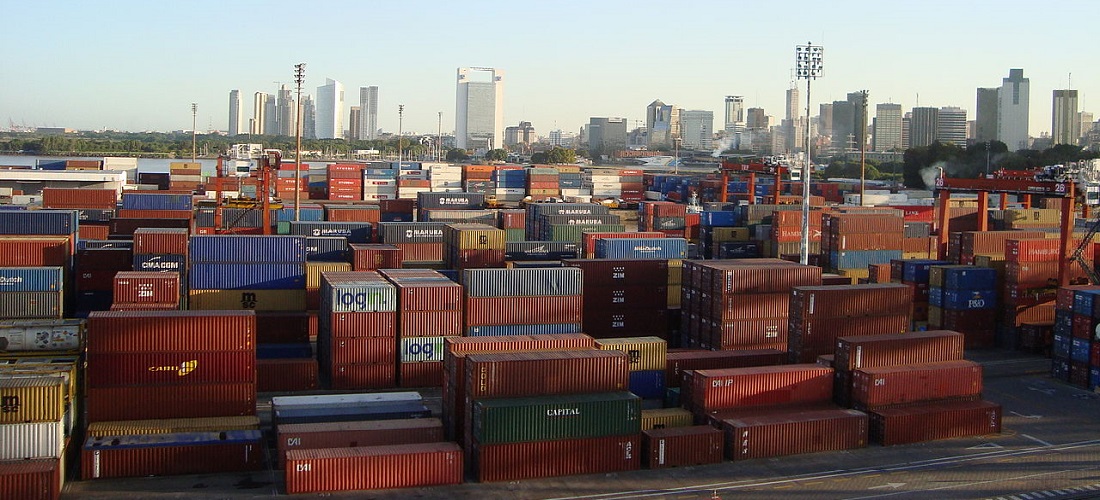
Domestic industry leaders fear impact of new import rules, EU-Mercosur deal
Oct, 22, 2024 Posted by Gabriel MalheirosWeek 202442
Argentina’s government seeks to move forward with a trade opening policy which includes the reduction of tariffs on imports and the flexibilisation of access to the foreign exchange market.
One measure, set to be implemented by the Central Bank, will allow companies to access the foreign currency market in 30 days, rather than the current 60 days. This will prevent the State from losing collection funds estimated at 500 billion pesos for the maturity of the ‘PAIS tax’ levy.
However, any move to liberalise trade will add to the mounting challenges facing local industry, which is struggling amid a deep recession. Three petrochemical factories have already closed their doors or have reconverted into other businesses, while at least 10 textile companies are said to be at risk.
The lowering of tariffs, though beneficial to some sectors, puts national production at stake, local chiefs of industry warn.
According to corporate sources, the government has already communicated that more products will be covered by this measure in the future.
In addition, the foreign policy agenda includes the possible closing of the long-stalled agreement between Mercosur and the European Union, which some regional leaders hope can be sealed at the upcoming G20 summit in Rio de Janeiro in November.
This sweeping pact, signed in 2019 yet never implemented, could be the first great foreign policy win for President Javier Milei’s administration.
Though the agricultural sector is behind the agreement, several industrial sectors, such as the UIA Argentine Industrial Union, are seeking improved conditions to compete with countries which do not face export taxes.
The economic context is also marked by the imminent end of the ‘PAIS tax’ levy, which will no longer be applied on imports starting on December 24. Given this change, the Central Bank has decided to anticípate the access deadline to the foreign exchange market for imports.
According to the former head of Argentina’s Customs agency, Guillermo Michel, this measure is key if the nation is to avoid a significant drop and running losses in tax collection.
Amid these transformations, Argentina’s domestic industry titans are in a state of alarm.
The chart below shows the top imported products in containers that arrived at Argentinian ports between January and August 2024. The data from Datamar’s DataLiner platform comprises only maritime, long-haul shipments.
Top Argentina Imports in Containers | 2024 | TEUs
Source: DataLiner (click here to request a demo)
Local businessmen are concerned about the gradual opening of trade borders, which threatens their markets given the arrival of cheaper imported products with lower tax burdens.
Source: Buenos Aires Times
-
Meat
Jul, 26, 2022
0
Revenue from beef exports stands out in July 2022; earnings should be close to $1 billion
-
Grains
Oct, 26, 2022
0
Anec exporters association downsizes corn forecast, leaves soybeans untouched
-
Jul, 03, 2023
0
CMA CGM expands multimodal arm with Containerships integration
-
Meat
Jun, 16, 2021
0
Argentina discusses resuming beef exports

